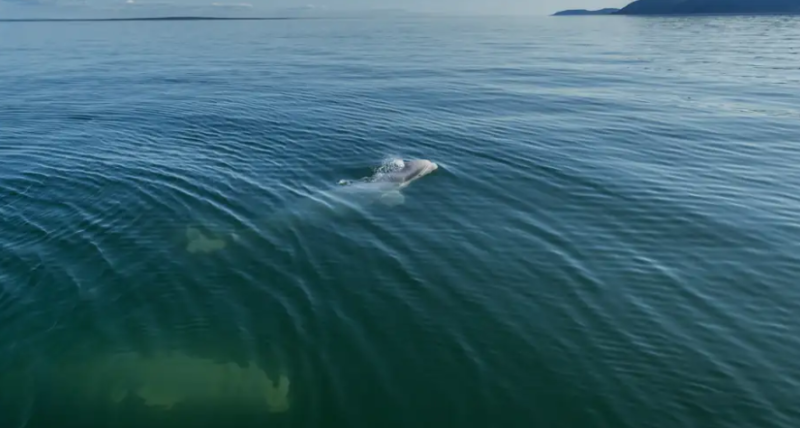UN Tourism Member States from across the Asia-Pacific region gathered to guide the development of tourism beyond recovery, toward greater resilience and enhanced sustainability.
Tourism Back in Full Swing in Asia-Pacific
In Jakarta, the Commission for East Asia and the Pacific and the Commission for South Asia held their 37th joint meeting, with seventeen countries represented.
sAccording to UN Tourism data, the Asia-Pacific region, which was initially slow to recover from the impacts of the pandemic, is now rapidly returning to full capacity. In 2024, destinations across the region recorded a total of 316 million international arrivals — 87% of pre-pandemic levels, up from 66% at the end of 2023. South Asia is the best-performing subregion, reaching a 92% recovery rate. The Maldives led the region with a 20% increase in tourist numbers compared to 2019, followed by Japan (+16%), Fiji (+10%), and Sri Lanka (+7%). This year’s host country for the Commission, Indonesia, welcomed 13.9 million tourists in 2024, regaining 86% of 2019 levels.
In Jakarta, Member States were updated on the latest developments in the tourism sector across the region. The Secretary-General’s report highlighted the progress made since last year, particularly in the priority areas of tourism analytics, know-how, investment and innovation, education, and on-the-ground support to Members from UN Tourism.
UN Tourism Secretary-General Zurab Pololikashvili stated:
“We are building a more resilient and more sustainable tourism sector in Asia-Pacific around shared priorities. Innovation and youth empowerment through training and education are crucial to this effort. Asia-Pacific is one of the most dynamic regions in the world and a hub for digital transformation, new ideas, and innovators. A bright future lies ahead.”
Investing in a Resilient Future
Between 2018 and 2024, Asia-Pacific attracted more than 640 new tourism-related infrastructure projects, with a total value of USD 66 billion — over one-third of global tourism-related investment spending.
In Jakarta, UN Tourism emphasized the need to further increase investment and to direct Foreign Direct Investment (FDI) towards projects that enhance sustainability and build resilience. As part of the Commission meetings, UN Tourism hosted its first regional “Tourism Policy and Circular Economy” conference, where public and private sector leaders tackled major issues such as waste reduction, resource-efficient use, and rethinking supply chains across the sector. The Secretary-General also committed to strengthening the work of the Regional Office for Asia-Pacific in Nara (Japan), turning it into a central hub for an ambitious tourism resilience programme.
In addition to promoting investment in resilient infrastructure, UN Tourism is also focusing on investment in people in the region. Education and human capital development are key priorities. Member States were updated on progress made in this area, including the launch of a first co-branded Master’s Degree in Tourism Management with Beijing International Studies University (offering 15 full scholarships annually), and a co-branded Master’s Degree in Digital Marketing and Analytics with Macao University of Tourism.
What’s Next
In Jakarta, UN Tourism fulfilled its statutory obligations by holding elections for key positions in the coming months.
The Philippines and the Maldives have been proposed as Vice-Presidents of the upcoming 26th session of the UN Tourism General Assembly. The Philippines was also nominated to chair the Commission for South Asia, and the Maldives to chair the Commission for East Asia and the Pacific. Japan and Fiji were proposed as Vice-Chairs of the Commission for East Asia and the Pacific, while India and Bhutan were proposed as Vice-Chairs of the Commission for South Asia. Iran and India were proposed to represent the Asia-Pacific region on the UN Tourism Executive Council. All nominations are subject to ratification by the General Assembly.
UN Tourism will return to the Asia-Pacific region in September, with Malaysia set to host the official celebrations for World Tourism Day 2025.
Source: unwto




